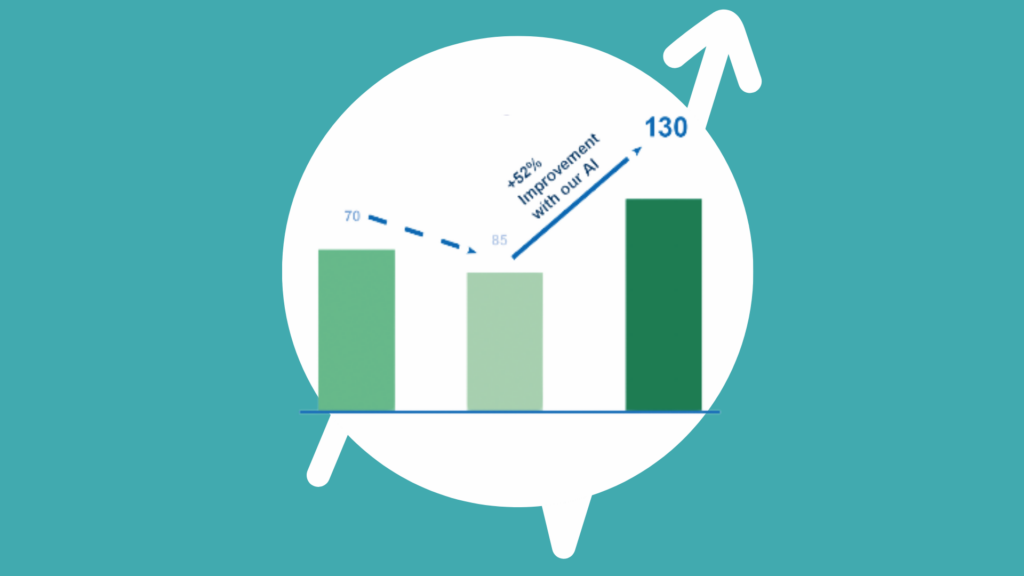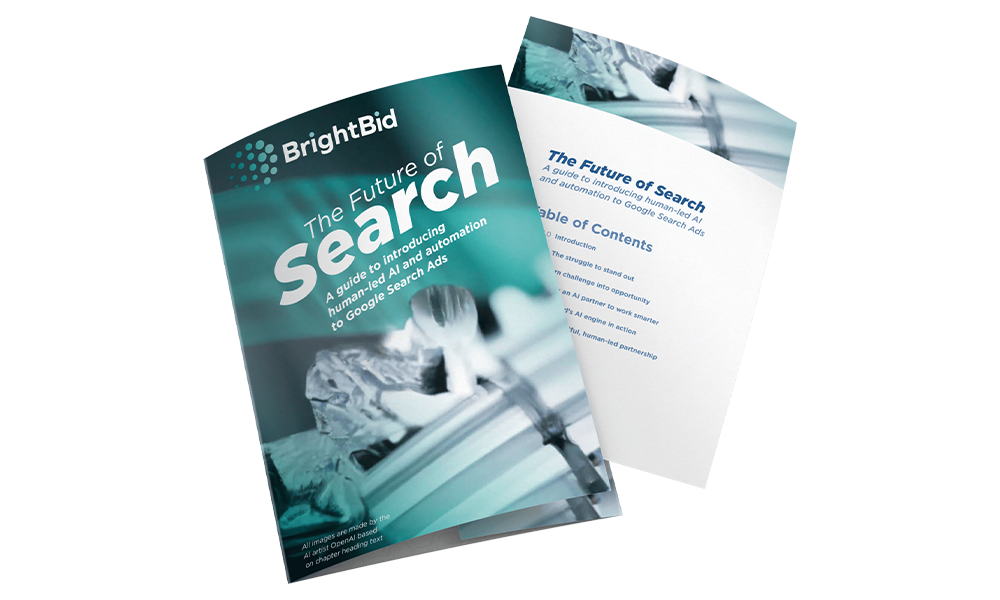In today’s fast-paced digital world, customers expect personalised experiences that cater to their unique needs and preferences. Meeting these expectations is a daunting task for businesses, but with the help of artificial intelligence integrated into your marketing and customer experience processes, it is possible to level up your customer journey and deliver custom-tailored experiences to your prospects and customers.
Here are some ways AI and marketing can help businesses to level up their customer journey:
Personalised Customer Experience
AI can help businesses to analyse customer data and preferences to provide a more personalised customer experience. By analysing customer data such as purchase history, browsing behaviour, and social media activity, businesses can create tailored marketing campaigns and recommendations that appeal to individual customers.
We like this article as a great overview of using AI in CX.
We like this tool as an out of the box AI and CX solution and we’ve also heard great things about bloomreach.
Here at BrightBid, we analyse our customer’s first-party data collected from GDPR-compliant marketing campaigns such as content downloads, event attendance, email consent or ‘book a demo’ permissions to find ‘look a like’ audiences in prospect search data. If we find good matches in prospects to our current customers, we use our AI engine to adjust our bidding upwards in Google search so we are more likely to ‘win the click’. This is done automatically in real-time and we can help our customers set up the correct tracking linking their CRM system to their Google Ads account.
We can also help by analysing the bounce rate on our customer’s landing pages – if the bounce rate is too high we adjust our keywords, ad copy and target audience to ensure we’re sending higher-quality traffic to the website and reducing bounce rates and driving better lead conversions.
Customer Segmentation
By utilising AI, businesses can segment their customers based on their buying behaviour and preferences. This allows businesses to tailor their marketing campaigns to specific groups of customers, increasing the chances of conversion and customer satisfaction. These types of tools are often placed under the Customer Data Platforms umbrella and we think this is a good guide to the sector.
We have heard great things about segment.com which provides customer data with all in one place but takes development work to implement and UNIFIDA which is easy to work with and have clear and actionable insights. They also provide an attribution solution, in Matomo tracking and are great for mid-sized companies requiring an affordable solution.
Predictive Analytics
AI can also help businesses to predict customer behaviour and identify potential issues before they occur. By analysing customer data, businesses can forecast customer needs and preferences, and provide solutions before the customer even realises there is a problem. This proactive approach not only saves time but also improves the customer experience.
Here’s a great article on how predictive analytics using AI can help across many predictive processes.
And improvado also published a good guide to the sector and use case.
Chatbots and Virtual Assistants
Chatbots and virtual assistants are AI-powered tools that can assist customers in real time. They provide customers with instant support and information, improving the customer experience and increasing customer satisfaction. They can also reduce the workload on customer support teams, freeing up time for more complex tasks.
There are many companies offering AI-powered ChatBots but here at BrightBid we love Sprinklr’s solution which integrates across their platform and enables businesses to manage many data sources to power personalized chat; zendesk always provides quality products in this space and Hubspot; which also provides a handy guide to the best AI chatbots in the market.
The benefits of AI and marketing
To leverage the benefits of AI and marketing for levelling up customer journeys, businesses need to adopt a data-driven approach to their marketing strategies. This involves collecting and analysing customer data to gain insights into their needs and preferences.
Businesses can also use machine learning algorithms to analyse customer data and make predictions about customer behaviour. By integrating AI-powered tools and technologies into their marketing strategies, businesses can deliver a personalised, efficient, and engaging customer experience.
In conclusion, AI and marketing are powerful tools that businesses can use to level up their customer journey. By using AI to personalise customer experiences, segment customers, predict customer behaviour, provide real-time assistance, and optimise content for voice search, businesses can create exceptional customer experiences that meet and exceed customer expectations. Adopting a data-driven approach and integrating AI-powered tools into marketing strategies is key to success in today’s highly competitive business landscape.
10 Ways AI and Automation Can Make Your PPC Campaign More Successful






